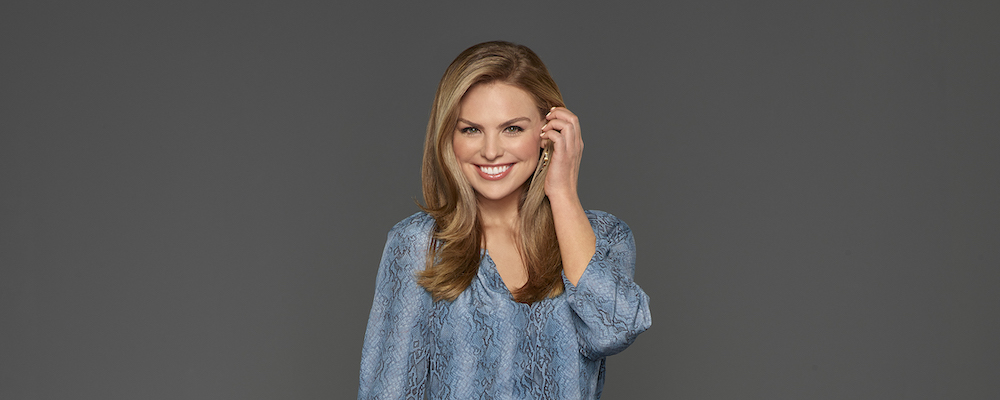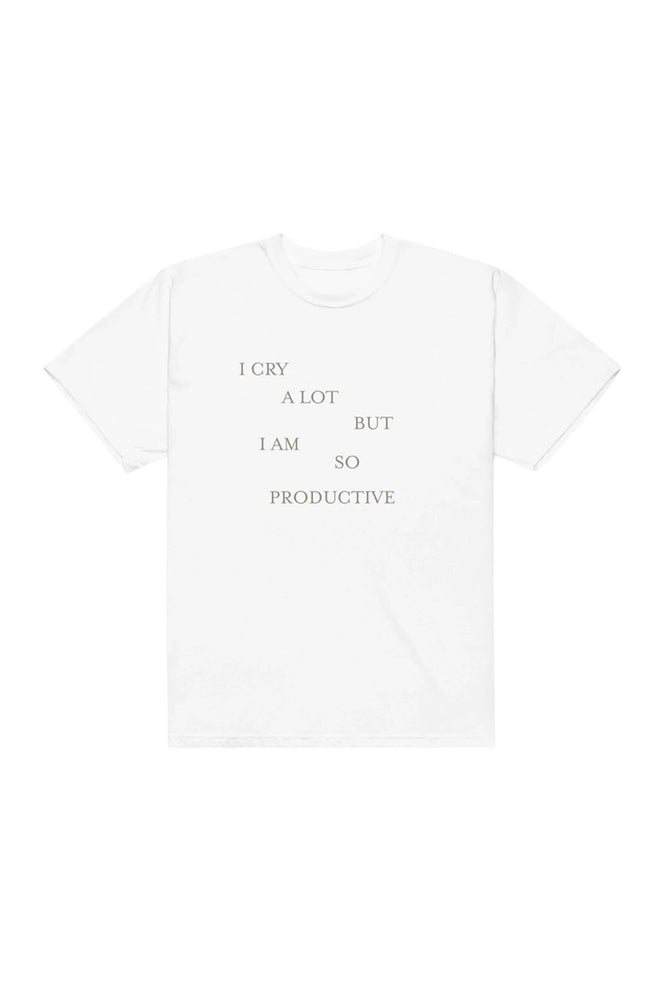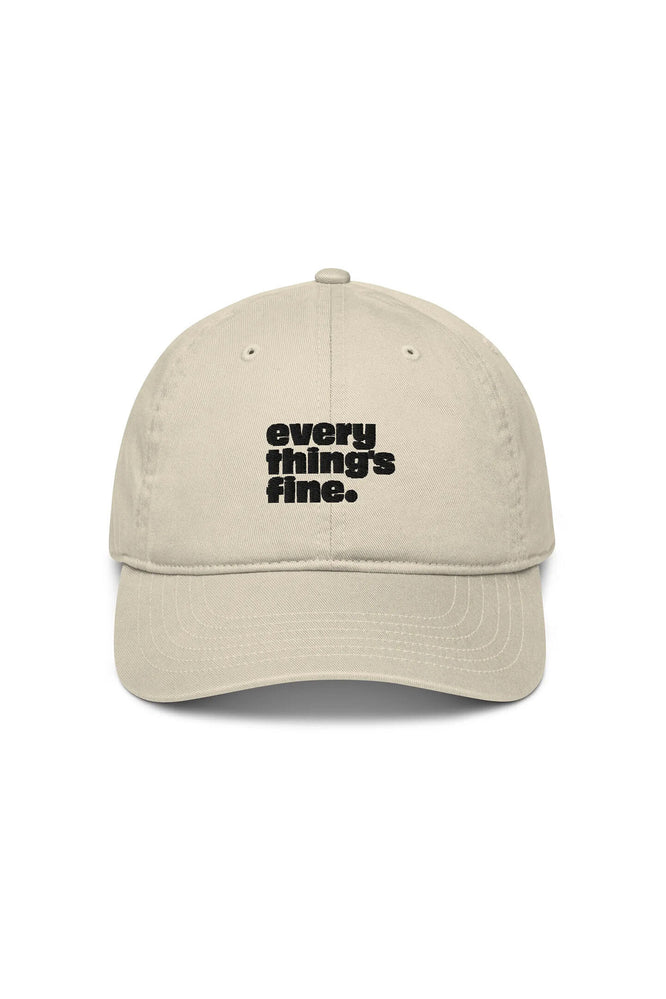Whatever your feelings are on the new Bachelorette pick, I think we can agree: the last few seasons have been severely lacking. Becca Kufrin and Rachel Lindsay handled themselves with grace, don’t get me wrong. But they also both wound up with supremely disappointing mates: Becca’s, a man who liked memes so offensive they made my eyes water; and Rachel’s, well, a man who isn’t Peter Kraus. (This is not just Peter-favoritism; Vulture, The New Yorker, and The New York Times all agree with me.) On the flip side, the last two Bachelor seasons have ended with our suitor saying “f*ck it” and doing whatever he wants, regardless of how it messes with show protocol or their runner-ups’ emotions. And sadly, I have more faith in both of those relationships because of it.
This season, I’d like to see Hannah Brown be a different type of Bachelorette—not for how “fierce” her love is, but for saying “f*ck it” when the format of the show no longer suits her. My fear is this: for all ABC’s talk of how “real” Hannah is, nothing in her pageant or Bachelor history makes me think she’ll be the one to break this pattern. In Bachelor Nation, the men are allowed to follow their hearts at any cost, while women are encouraged to consider the other contestants’—and all of America’s—feelings. The question was never “did Rachel Lindsay want to marry Bryan Abasolo?” It was this: if Rachel didn’t want to marry Bryan, would she have maybe stayed anyway?

This dynamic—of women obeying the rules while men break them—plays out over and over on Bachelor in Paradise. The women wait to check in with their dates’ feelings; the men go after the shiny new thing. At a certain point, it becomes clear what’s happening—it’s not that the women are, across the board, more invested in the men. It’s that the women are more reluctant to do something they “shouldn’t,” to break one of the many unspoken Bachelor rules. You could chalk it up to ingrained gender norms—and that certainly plays a part—but I think there’s something else going on here. These women have dropped everything to find love on a reality show: it doesn’t make sense that they would be meek in their pursuit of it. Women treat dating as an Olympic sport every day; why, on a show built around that very concept, are men the only ones jumping fences?
Of course, when picking apart reality shows you have to consider two layers: the story we’re shown, and the story that existed before the editors got to it. Rachel spoke out recently about her Bachelorette finale, claiming that her “happy ending […] was not demonstrated within the confines of your television screens,” while maintaining that she is “living it every day in real life.” Apparently, Rachel was hurt by how much of the episode focused on her breakup with Kraus, and doesn’t think this accurately reflects her journey. And Becca K. draws a similar distinction. When asked by Hollywood Reporter how she felt about Arie’s devastating on-screen break-up (I paraphrase), she said this: “[My advice is] to stay focused on the important things. To focus on what I actually went through and not what people are saying, because at the end of the day, I lived it.”

So, maybe the biggest issue isn’t with the men that they wound up with, or the actual romantic opportunities they were presented. The issue is that they were depicted as having unhappy, humiliating stories, regardless of what happened in real life. No matter what ABC does, no matter how tattooed or outspoken its Bachelorette picks become, they can’t get away from the fact that Bachelor Nation peddles in female heartbreak above all else. The story they are intent on selling is that women don’t break the rules unless they’re monsters, but men can break the rules if their hearts are pointing elsewhere.
The truth is, I have a hard time believing that anyone falls in love, to the point of thinking about marriage, in three months while dating thirty other people. So that makes it all the more compelling when Arie makes a mistake, or Colton reveals that he has a final pick with three girls left. The system shouldn’t work, for most people—so the stories that act as proof of how broken the system is seem most legitimate. If ABC wanted to atone for its treatment of Becca K., it should have let her break the formula like Arie did, and given her license to take more or less time as she needed. Instead, they sent the message that, even and especially due to her recent humiliation, she would have to be just as perfect and open-hearted as every Bachelorette before her.
To bring this back to Hannah Brown: I don’t trust that ABC will, on-camera or off, encourage its Bachelorette leads to go with their gut, really, any time soon. So I hope Hannah comes out of this season without a ring on her finger. Even if we may never really know how happy her story is, in comparison to the story ABC will show us, at least we’ll know she didn’t make a lasting commitment under duress. If the women of Bachelor Nation commit themselves to saying “f*ck this” to the show’s antiquated rituals, maybe in five years ABC will catch up and actually air that footage. Then, we might have a Bachelorette worth watching.
Images: ABC; Giphy (2)








































